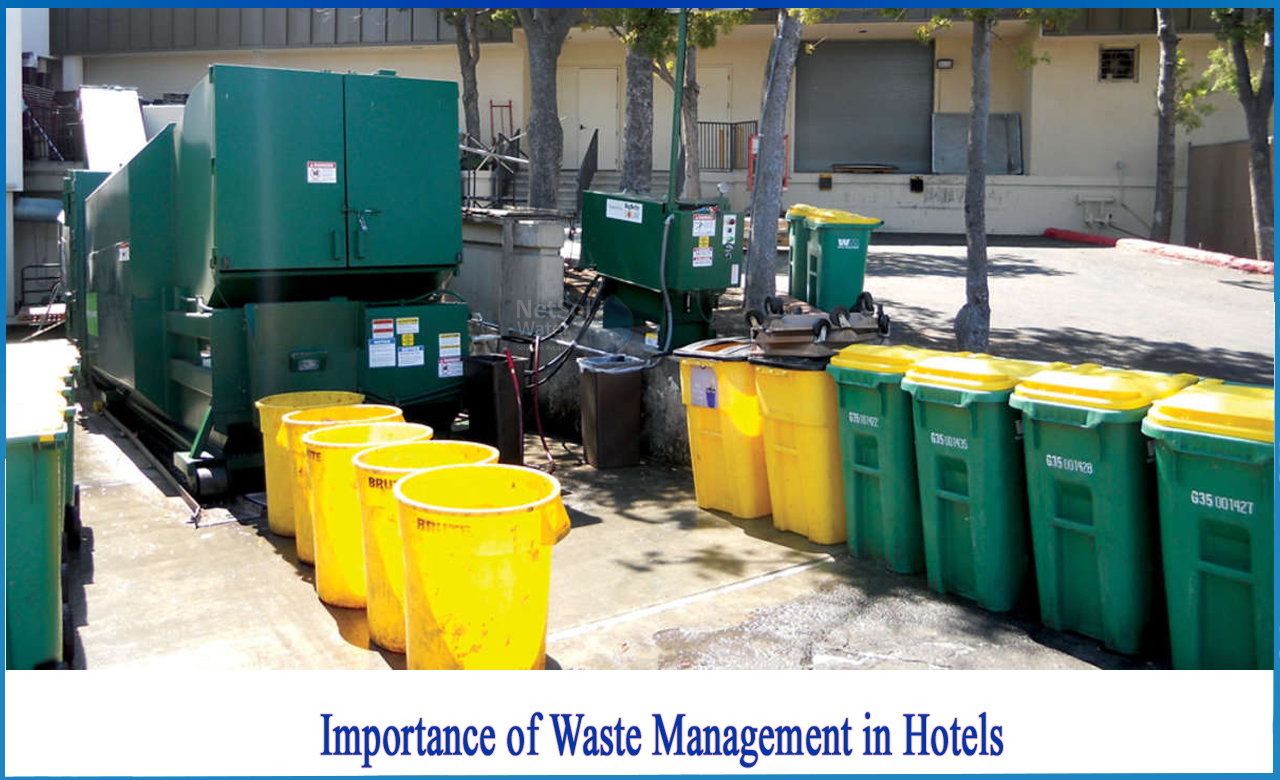4 Easy Facts About Reclaim Waste Shown
4 Easy Facts About Reclaim Waste Shown
Blog Article
Top Guidelines Of Reclaim Waste
Table of ContentsRumored Buzz on Reclaim WasteThe 10-Minute Rule for Reclaim WasteThe Only Guide for Reclaim WasteSome Known Incorrect Statements About Reclaim Waste About Reclaim Waste
Domestic sewage waste refers to the waste and items from a residential septic storage tank. The appropriate monitoring and disposal of domestic sewage waste require fluid waste to be moved to a sewage treatment plant where the proper approaches and tools are used to purify and dispose of waste.
Commercial waste typically consists of potential threats, such as flammable materials or a mix of liquid and solid waste items, and requires an advanced and comprehensive disposal process. The disposal of industrial waste usually includes the filtering of waste before transport to make sure risk-free and appropriate disposal. Industrial waste is developed from byproducts and drainage of commercial processes and production.
This kind of waste can not use the exact same sewage administration transport or processes as septic or industrial liquids. The hazardous waste management process requires the evaluation and testing of fluid waste before it goes through the disposal procedure (liquid waste removal melbourne). Drainage waste is the fluid waste that comes from overflow and excess stormwater in extremely booming areas or cities
Drainage waste can cause contamination and flooding if not dealt with appropriately. Guaranteeing correct waste administration can avoid disasters and decrease environmental harm.
Reclaim Waste for Beginners
Call PROS Solutions today to discover our waste management and disposal solutions and the correct means to look after the liquid waste you create.
(https://reclaimwaste1.blog.ss-blog.jp/2024-11-12?1731425991)Do you recognize what takes place to your water when you end, flush the toilet or drain the cleaning maker? No? Well, it deserves knowing. This so-called 'wastewater' is not just a crucial source however, after treatment, will certainly be released to our land, rivers or the ocean. Utilized water from bathrooms, showers, bathrooms, kitchen area sinks, washings and industrial processes is known as wastewater.

water utilized to cool down machinery or clean plant and devices). Stormwater, a kind of wastewater, is overflow that flows from agricultural and urban locations such as roofing systems, parks, yards, roads, courses and seamless gutters right into stormwater drains, after rain. Stormwater flows neglected straight to regional creeks or rivers, eventually getting to the sea.
All about Reclaim Waste
In Queensland, the majority of wastewater is treated at sewage therapy plants. Wastewater is transferred from residential or industrial sites through a system of sewage systems and pump stations, referred to as sewerage reticulation, to a sewage treatment plant. Regional federal governments develop, keep and run most sewer treatment plants. Operators are accredited under the Environmental Security Act 1994 to release treated wastewater at an acceptable environmental standard into rivers.
The Division of Natural Resources recommends local federal governments regarding handling, operating and maintaining sewage systems and treatment plants. In unsewered areas, city governments may need owners to mount specific or home sewage therapy systems to treat residential wastewater from commodes, kitchens, washrooms and laundries. The Department of Natural Resources authorizes making use of house systems when they are verified to be efficient.
Many stormwater gets no treatment. In some new class, therapy of some stormwater to eliminate clutter, sand and crushed rock has actually begun making use of gross contaminant catches. Wastewater treatment occurs in 4 phases: Eliminates solid matter. Larger solids, such as plastics and other objects mistakenly released to sewage systems, are removed when wastewater is travelled through displays.
Wastewater then flows right into huge tanks where solids work out and are eliminated as sludge. Grease and residue are skimmed from the surface. Utilizes small living organisms knows as micro-organisms to damage down and eliminate staying dissolved wastes and fine particles. Micro-organisms and wastes are incorporated in the sludge. Removes nitrogen and phosphorus nutrients that could trigger algal flowers in our rivers and endanger water life.
Some Known Factual Statements About Reclaim Waste
Nutrient elimination is not readily available in any way sewage treatment plants due to the fact that it calls for pricey specialised equipment. It is coming to be a lot more common in Queensland. Clear liquid effluent generated after treatment might still have disease-causing micro-organisms. If this effluent is released into waterways such as rivers or the sea, the micro-organisms will eventually pass away out.

Many wastewater streams into the sewerage system. Under the Act, neighborhood federal governments administer approvals linked here and permits for ecologically pertinent tasks (Periods) involving wastewater launches that could have a neighborhood impact.
The Ultimate Guide To Reclaim Waste
Or else, samples are considered laboratory evaluation. Frequently numerous examinations are needed to establish the degrees of each of the different pollutants such as oils, hefty metals and pesticides in water. Surveillance provides valid information about water quality and can verify that licence problems are being satisfied. The information gotten through monitoring offers the basis for making water high quality decisions.
Report this page